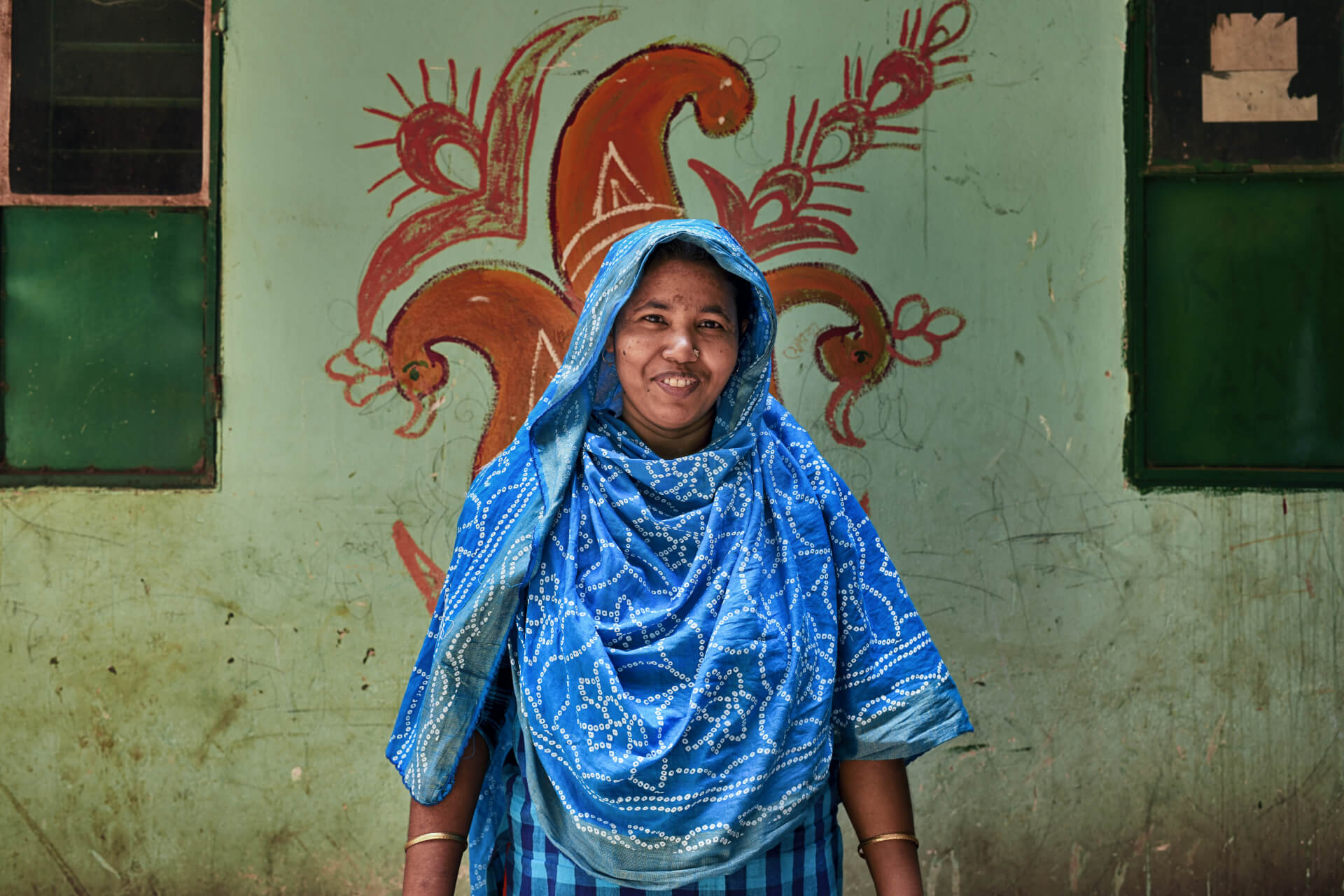Thanks to your support…
In this edition, we celebrate Myer’s commitment to pay a living wage to the women who make our clothes. This is a huge achievement after five years of engagement and thousands of emails from supporters like you. You’ll meet Nooreja from Bangladesh, who was able to build a thriving business after doing a skills development course as part of our REE-CALL program. And we hear from Kimberley, a proud Nyikina woman who joined our Straight Talk summit in August.
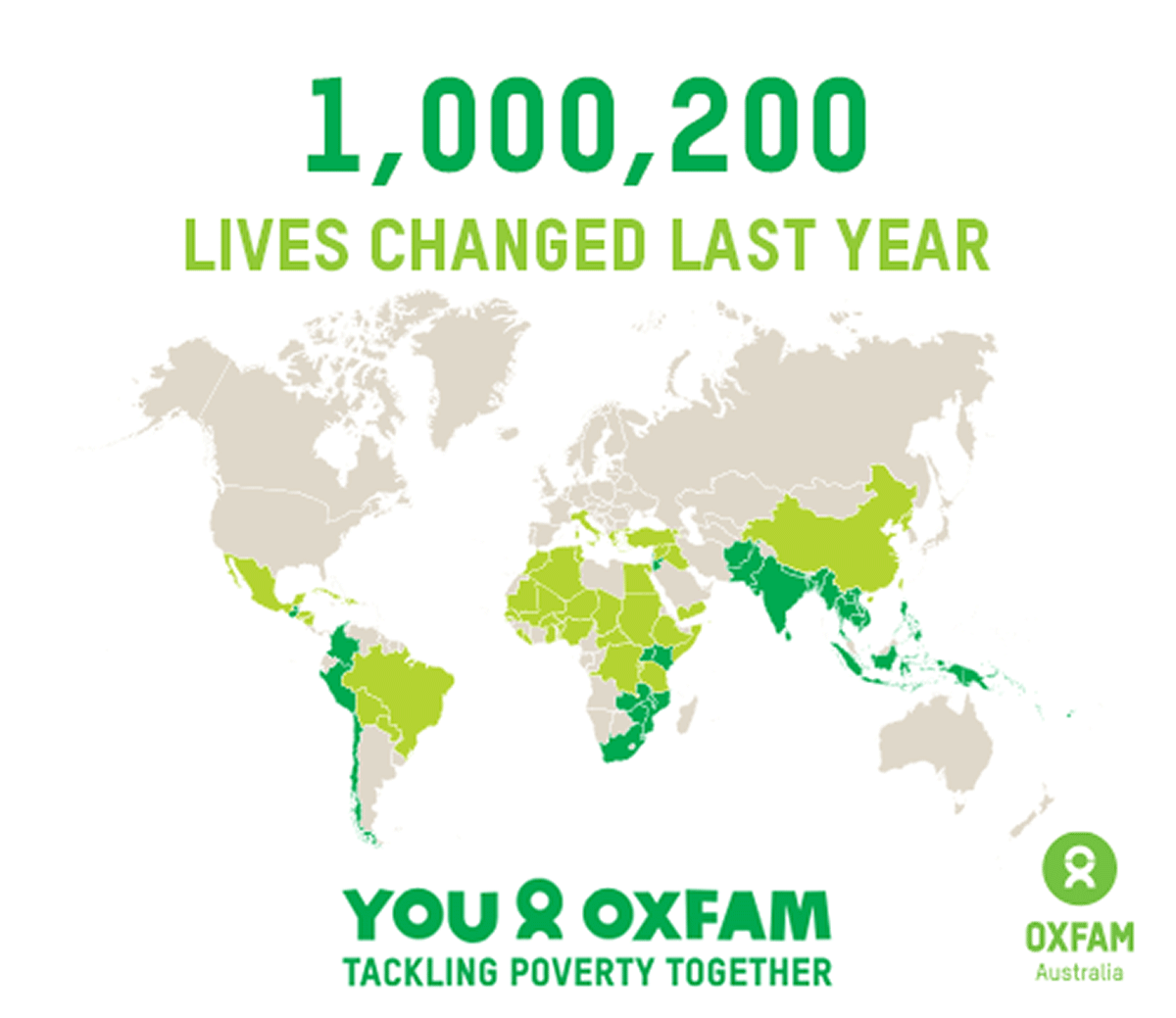
A living wage for workers
Five years of consistent engagement by Oxfam’s What She Makes campaign, along with thousands of emails from loyal supporters like you have paid off!
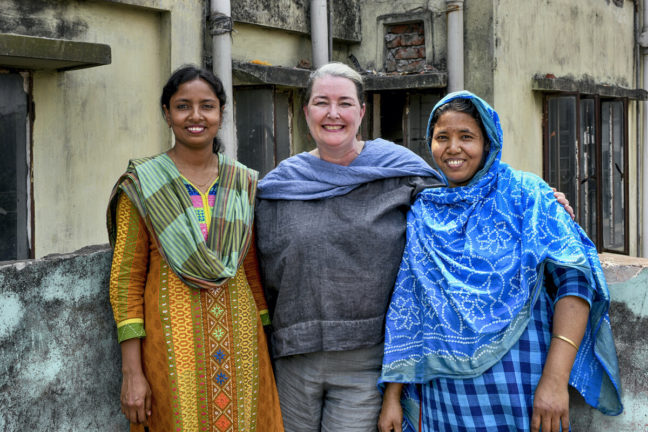
In June this year, we welcomed the announcement by retailer Myer that they would commit to pay a living wage to the women who make their clothes, and to publish their factory lists. Our What She Makes campaign is living proof that your support can change lives. More than 140,000 people have taken the What She Makes pledge, and thousands of you have emailed major brands to demand a living wage, the publication of factory lists and transparency in the wages that garment factory workers are paid.
Myer has now published its factory list for its brands, including Miss Shop, Basque and Wayne by Wayne Cooper, and made a commitment to ensure that the women who make their clothes are paid a living wage. This is a genuine move towards more ethical sourcing and better wages throughout Myer’s supply chain.
Oxfam Australia Chief Executive Lyn Morgain was delighted with the announcement. “All the emails you have sent, conversations you had with friends and posts you shared are working,” Lyn said. “Together we are building a movement that can’t be ignored and we won’t stop until we see the lives and wages of the women who make our clothes improved.” Learn more
A new start for Nooreja
Meet Nooreja Begum, a self-employed businesswoman who is single-handedly supporting her two sons and her mother with the money she earns selling sweets from her ‘mobile sweet shop’.
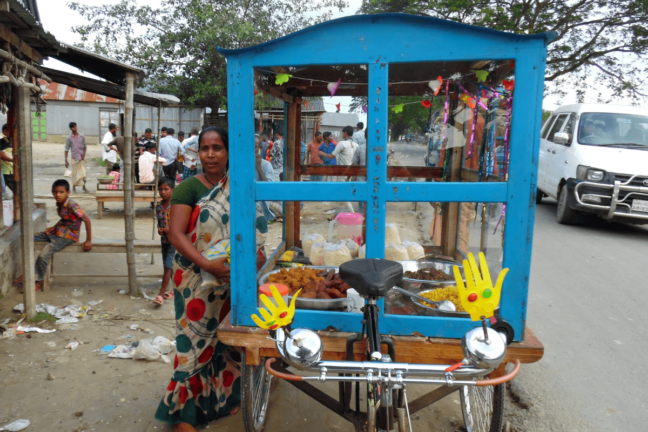
Thanks to supporters like you, Nooreja, from the district of Jamalpur in Bangladesh, has been able to build a thriving business. She took part in a skills development training program as part of the Oxfam-supported REE-CALL project. When her husband left the family several years ago, Nooreja was the sole income earner, scraping together a living as a day labourer. But it wasn’t enough to feed and educate her children and care for her mother. “Working as day labourer could never provide me the money I need to maintain a large family,” Nooreja said. “My sons were growing up and I wish to continue their schooling.” Nooreja was always interested in cooking, and through the skills development program she learnt how to turn her hobby into an income. Learn more
As drought ravages his herd of cattle, Abdulahi fights for his family’s survival
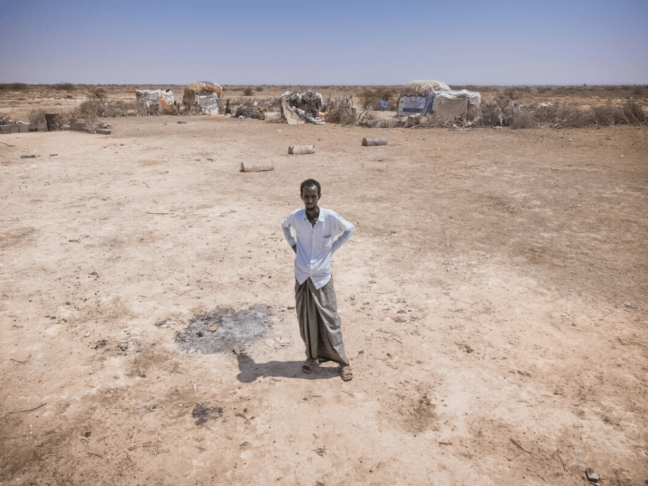
There have been drought problems since I was born,
Abdulahi Farah Isse
but within my lifetime, this is the worst drought I have
ever experienced.
Abdulahi Farah Isse, 27, is a farmer in Puntland, Somalia. This is the fourth year that his farm has gone without rain. Abdulahi raises livestock to earn a living and feed his family, but the worsening drought has killed 40 of his camels in the last five months. Without the meat, milk and money that his livestock provide, Abdulahi is worried about how he will continue to take care of his family. Years of drought, conflict and inflation have created a hunger crisis in East Africa, pushing 26 million people to the verge of extreme hunger. Climate change has caused three consecutive droughts in the past decade, which have destroyed crops and livestock. Today, the region is in the middle of its longest drought in 40 years. Learn more
Along the Mekong with Sai
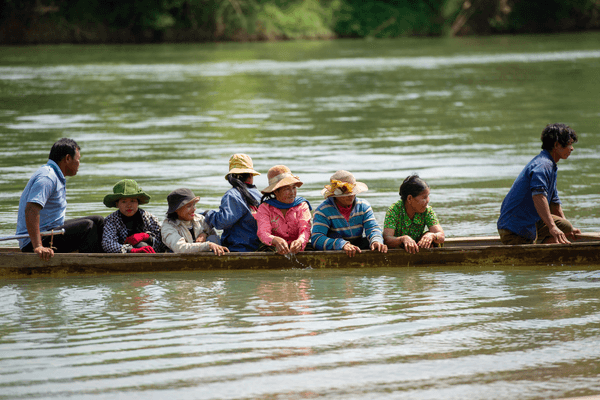
The Mekong River Basin is home to millions of people who rely on the waterway for food, water and transport. But the river, and these people’s livelihoods, are under threat from the harmful effects of hydropower that is generating energy, sand extraction that is being used for development in urban centres, water that is being extracted for irrigation, and industrial pollution and waste disposal. These are all exacerbated by climate change. With your support, in March 2022, Cambodian singer and Goodwill Ambassador Oun Batham, known as Sai, was able to travel down the river as part of the Oxfam campaign, ‘Along the Mekong with Sai’ Learn more
Vanuatu leads on climate justice
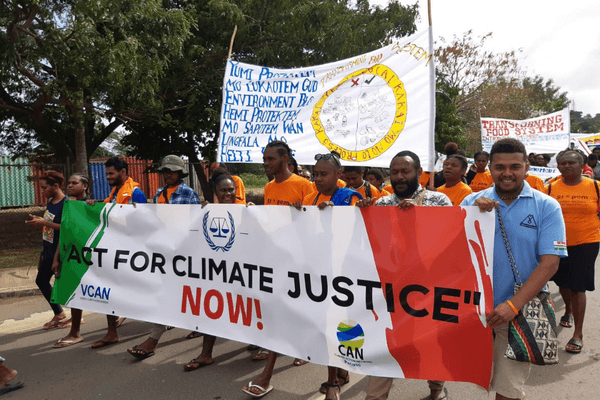
A grassroots campaign aiming to protect future generations in the Pacific from the impacts of climate change is gaining momentum on the global stage. Campaigners are seeking an advisory opinion from the International Court of Justice (ICJ) on the rights of present and future generations to be protected from climate change. The Vanuatu Government is supporting the campaign through a request to the 2022 meeting of the United Nations General Assembly. Your support has meant that Oxfam’s PACCCIL project has been able to assist the campaigners – an alliance of grassroots and youth-led organisations – to lobby for this action. Learn more
Telling it like it is: Straight Talk heads to Canberra
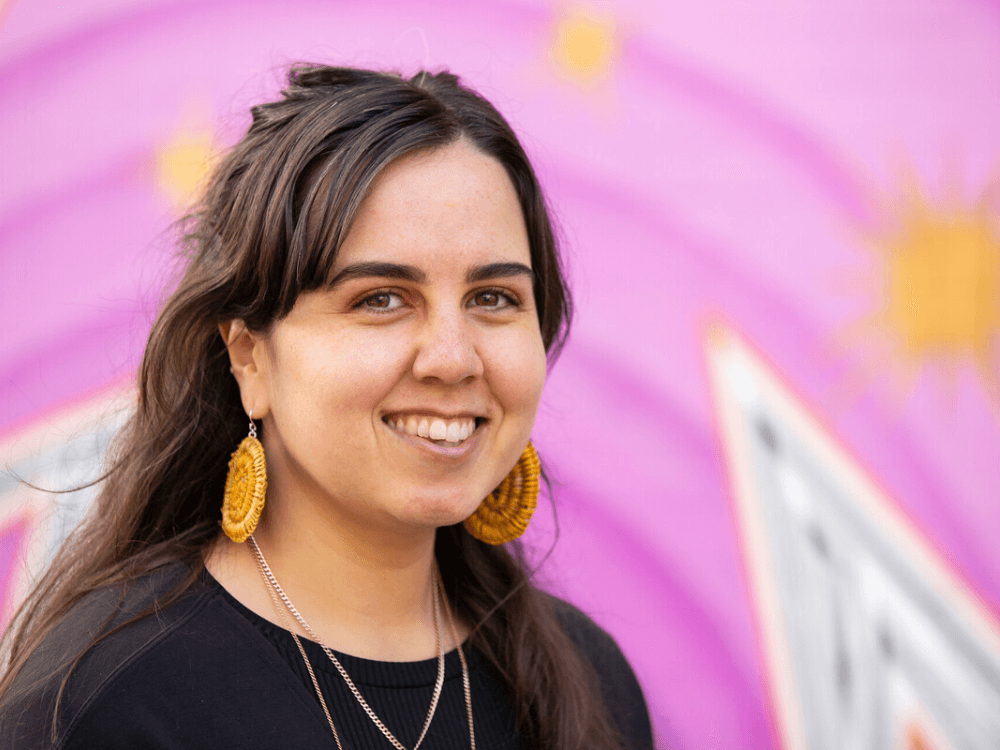
More than 50 Aboriginal and Torres Strait Islander women from across Australia gathered in Canberra in August for Oxfam’s annual Straight Talk summit. The summit teaches women about the federal political system, allows women to develop important networks and aims to empower them to engage in the political sphere, creating change in their communities. We sat down with one participant, Kimberley Hunter, to hear her views on civic participation.
“From a young age, surrounded by incredible leaders within my family and extended community who have really instilled that fight for social justice in our mob, and just building off of the work and pathways that they have created for me to follow in. That’s what gets me up in the morning, just continuing the fight that they have fought so hard for”. Learn more
